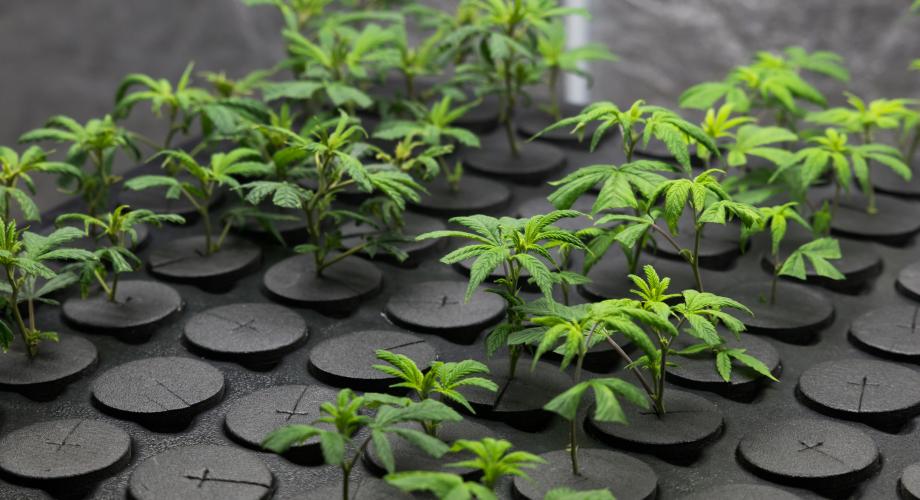The legalization of marijuana is spreading rapidly throughout the United States, both for recreational and medical use. Several states will be dealing with the issue either legislatively or at the ballot box in the upcoming year. Oklahoma joins 30 other states and the District of Columbia in legalizing marijuana in some form. The initiated state statute in “The Sooner State” passed 57 percent to 43 percent, in the June 26 primary election.
According to Oklahoma’s State Question 788 (SQ 788), medical marijuana license holders are legally allowed to possess up to three ounces of marijuana on their person; six mature plants; six seedling plants; one ounce of concentrated marijuana; seventy-two ounces of edible marijuana; and up to eight ounces of marijuana in their residence.
The Oklahoma State Department of Health was responsible for establishing emergency rules to regulate SQ 788. The rules, approved by Governor Mary Fallin on July 11, 2018, left home cultivation untouched from the initiated statute. These rules are temporary, subject to negotiation and will be finalized later.
Currently, in SQ 788, patients are permitted to cultivate up to twelve plants (six mature, six seedling plants) in their home. This includes rental property. Such a policy may pose a major health hazard in multifamily properties. Research shows that growing marijuana indoors increases the level of mold spores to ten times the amount found in outdoor samples.
Some states have tackled this issue by including specific wording in their laws to protect owners against the risk of home cultivation and the nuisance of marijuana in a smoking form. In states such as Alaska, Maine and New Mexico, for example, residents that are patients must receive written permission from the owner before home cultivation is allowed. Additionally, owners in Arkansas are permitted to prohibit residents who are qualifying patients from smoking marijuana on leased property. This does not, however, restrict the patient from consuming marijuana in other forms, such as edibles or vaporization.
It is crucial to note that while marijuana legalization continues to spread, it remains classified as a Schedule 1 drug under federal law, as listed in the Controlled Substance Act (CSA). This is critical if you own a property that receives federal funding. Oklahoma, in addition to a few states, such as Arizona, permits owners to refuse to lease to a qualifying patient if doing so would cause the owner “to lose a monetary or licensing related benefit under federal law or regulation.”
The Department of Housing and Urban Development released a memo in 2014 specifying that owners of federally funded properties must “deny admission to any household with a member who the owner determines is, at the time of application for admission, illegally using a controlled substance as that term is defined by the CSA” as required by the Quality Housing and Work Responsibility Act of 1998.
Marijuana will remain a growing issue for NAA in the upcoming years as more states weigh the costs and benefits of legalization. To better assist our affiliates, NAA is in the process of creating additional resources for members to reference, should this issue catch fire in your area. We will notify members as these resources become available.
If you become aware of any breaking policy action addressing marijuana regulation in your state, or if you have any questions or concerns on the subject, please contact Jodie Applewhite, Manager of Public Policy.
